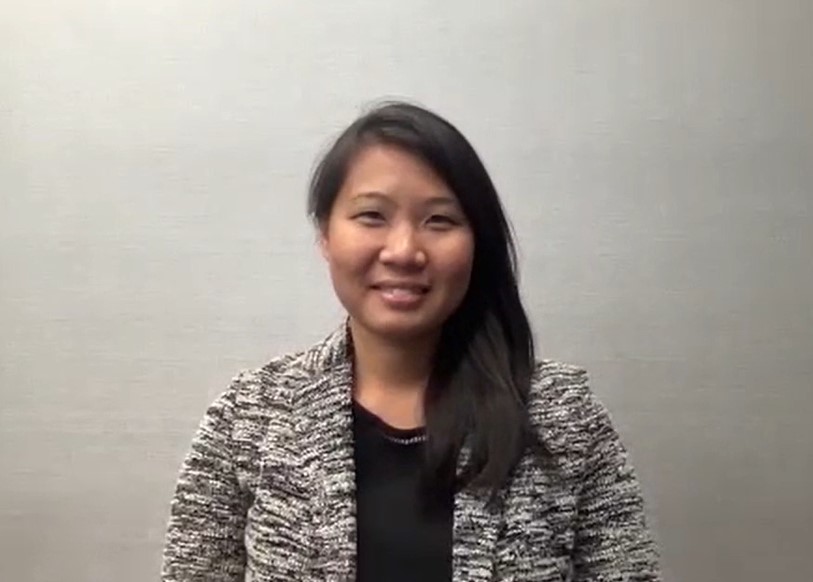CORD Announces Transition to ResidencyCAS for 2025-2026 Application Season
Ellis Jang, MSIV – California Northstate University College of Medicine
EMRA MSC Pacific Regional Representative, 2024
Colton Crawford, MSIV – Washington State University Elson S. Floyd College of Medicine
EMRA MSC West Coordinator, 2024
On October 8, 2024, the Council of Residency Directors in Emergency Medicine (CORD) announced their partnership with ResidencyCAS to develop a platform tailored for medical students applying to emergency medicine residency programs.1 They intend to adopt and implement this change for the upcoming 2025-2026 Application Season and Match cycle.
Why the transition?
In recent years, several residency specialties have explored alternatives to the Electronic Residency Application Service (ERAS) for managing applications, seeking to enhance efficiency and tailor the selection process to their specific needs. In 2022, the Plastic Surgery Common Application (PSCA) replaced ERAS,2 while some anesthesiology3 and urology4 programs began piloting alternative application services.
As of this 2024-25 residency application cycle, obstetrics and gynecology residency programs have adopted ACOG’s specialty-specific Residency Centralized Application Service (ResidencyCAS).5 Programs and various institutions have transitioned to alternative systems that allow for more streamlined communication and features like enhanced data analytics, enabling programs to better assess candidates' fit and qualifications per specialty, thus allowing for a more equitable process for students and programs.
How will this affect students?
- Anticipated advantages:
- More holistic review processes
- Mobile platform support (including Apple and Android devices)
- Specialty-specific design
- A single platform for applying, scheduling, and completing interviews
- Decreased financial burden
- Anticipated costs: $99 total for the first 18 programs, $18 for each additional program from 19-30, and $23 for each program 31+
- Financial assistance available
- If applying to 46 programs this would save the applicant $127 compared to ERAS
- More program transparency and better data collection, including real-time data on application trends (e.g., total number of applicants, geographic trends, etc.)
- Potential obstacles:
- Program buy-in
- Dual applicants or SOAP-eligible students will still need to fill out ERAS
- Switching to a new program comes with inherent challenges that may take some work to iron out
- Schools will need to upload transcripts and MSPEs in a new system (..but this was done with OB/GYN applicants this past year)
What can EM-bound students do to prepare?
- Ask your fellow OB/GYN colleagues about their experiences with ResidencyCAS this cycle:
- What did they like about ResidencyCAS?
- What do they wish they knew more before the application season? How could their school’s clerkship directors and advisors have provided better support for the implementation of this new application system?
- Talk to your EM clerkship director(s) and advisor(s). Ask how they plan to integrate programming (e.g., ResidencyCAS-specific workshops) to prepare fourth-year medical students or if such programming was helpful for OB/GYN-bound students this past year.
- Share your thoughts! You are welcome to share any feedback you may have about ResidencyCAS and/or ERAS/Thalamus through this form provided on the CORD website.
- Reach out to your EMRA regional representatives! We are happy to share our experiences, thoughts, and additional information as this becomes available! EMRA will plan to put out more content in the next year specifically addressing integration of this new platform as we are updated by our colleagues at CORD.
Interested in learning more?
Please see here for some FAQs about the ResidencyCAS partnership.
Watch the recording of the CORD Special Session - Evolving the Application Process: APIC’s Platform Exploration from October 17, 2024 (long video, but minutes 17:27-41:27 cover most of the important details).
Watch the recording of CORD’s debriefing of APIC’s review and recommendations at ACEP24 on September 29, 2024 (minutes 22:35-1:00:12 focus on ResidencyCAS, minutes 1:02:45 and onward is a Q&A ).
References:
- Emergency Medicine Collaboration with Residency CAS. CORD in Emergency Medicine. Published October 8, 2024. Accessed October 27, 2024. https://www.cordem.org/resources/em-collab-with-residencycas
- Jackson KR, Makhoul AT, Janis JE, Drolet BC. The Plastic Surgery Common Application: Improving Efficiency and Reducing Inequity in the Application Process. Plastic and Reconstructive Surgery - Global Open. 2022;10(1):e4078. doi:https://doi.org/10.1097/gox.0000000000004078
- ERAS 2025 Participating Specialties & Programs. www.aamc.org. Accessed October 28, 2024. https://systems.aamc.org/eras/erasstats/par/report.cfm
- Urology and Specialty Matches - American Urological Association. www.auanet.org. Accessed October 28, 2024. https://www.auanet.org/meetings-and-education/for-residents/urology-and-specialty-matches
- ResidencyCAS. www.acog.org. Accessed October 28, 2024. https://www.acog.org/education-and-events/creog/transition-to-residency/residencycas
Related Content



Jul 23, 2019
Program Director Interview Series: University Hospitals Cleveland
This month our Program Director Interview Series is focused on the Midwest. We spoke with Danielle Turner-Lawrence, MD, Program Director at Beaumont Hospital, Royal Oak, about the training opportunities available at this busy Level 1 Trauma Center in eastern Michigan.




